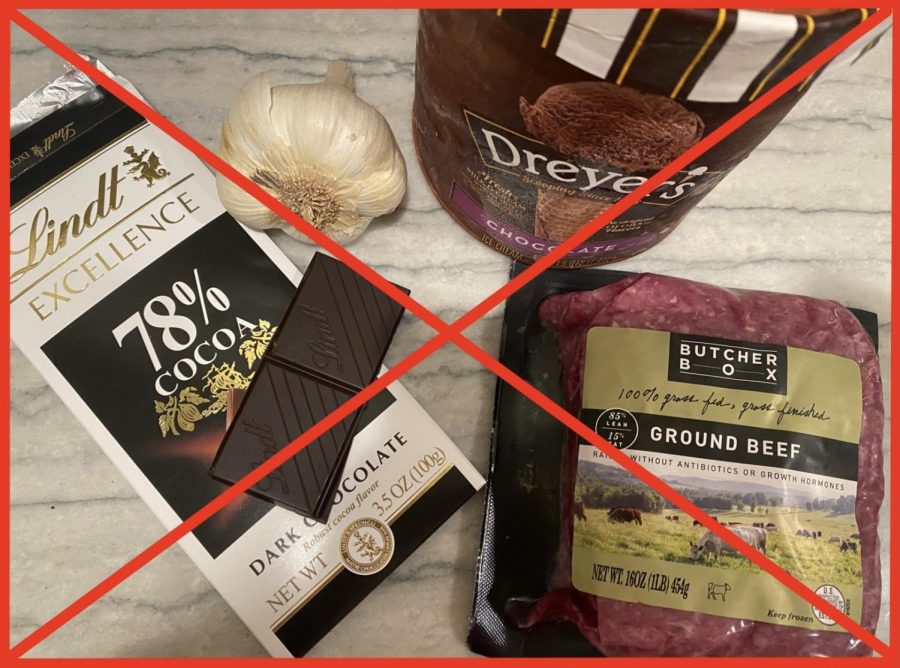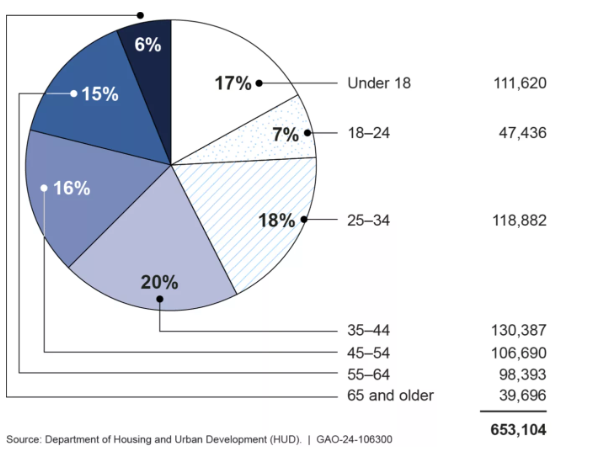On November 6, 2020, I received a call informing me that I had tested positive for COVID-19. I had mild symptoms that included nasal congestion, a dry cough, fatigue, and headaches. Only a few days after testing positive, I lost my sense of taste and smell.
Because of my asthma and other immune system concerns, I am considered high-risk when it comes to COVID-19. For this reason, my family and I were extremely careful to not expose ourselves to the virus, and we tried to stay as safe as possible. With that said, we were exposed to COVID-19 due to circumstances outside of our control.
After testing positive, I was worried about how my body would react to the virus. I had heard several horror stories about different people’s experiences, and I did not want to be the subject of the next unfortunate story. Luckily, my cough was milder than expected, and the worst symptom I had was anosmia (the loss of taste and smell).
Two weeks after testing positive, I went back to the testing site to test again. That test came back negative, which I was surprised by because I still had a mild cough and absolutely no sense of taste or smell.
Within a couple of weeks, my cough dissipated. However, I still could not smell or taste anything at all. I was going on four weeks without any sense of taste or smell, and I was extremely frustrated. I still had an appetite and ate when I felt like it, but it was very irritating to not be able to taste anything. Thanksgiving dinner was definitely not as exciting as it is every other year for me.
According to a study done in July of 2020, 89 percent of people suffering from loss of smell and taste recover it within four weeks. For me, however, weeks turned into months, and, by the end of January 2021, I still could not taste or smell anything. I was used to it by then, and, to be honest, it had come to the point where I didn’t even think about it anymore.
At the start of February, I thought I was beginning to regain my sense of smell. Sometimes I would get a whiff of something when I first walked into a room, or I would be able to faintly smell what my dad was cooking in the kitchen. Actually, the first time I recognized that I could smell again was when my dad was making pasta. I could ever so faintly smell the tomatoes, onion, and garlic that were simmering in the pan. I was hopeful that I would regain a full sense of taste and smell within a week. However, after a couple of days that hope completely disappeared as I started to develop parosmia.
Parosmia is defined as the distortion or alteration of one’s sense of smell, and it often also affects one’s sense of taste. A mere 11 percent of people report ongoing loss of smell and taste, or the even more troubling distortion of taste and smell. The first thing that tasted weird and unappealing to me was my toothpaste. It no longer tasted like nothing, but it definitely did not taste like mint. The taste was (and still is) indescribable. I looked up my symptoms, and I was surprised by what I found. Apparently for some people, anosmia can turn into the distortion of tastes and smells.
Within a few days, I was at the point where almost everything tasted gross and unappealing. After doing some research, I knew that what I had was parosmia, and I started looking for ways to fix it. Unluckily, there was very little information on the internet about how to deal with the alteration of taste and smell. Some said parosmia makes things taste like gasoline; others said sulfur. I don’t relate to either, and instead I taste something I can’t put my finger on.
For the first couple of weeks, I would cry every time food hit my mouth. I would get my hopes up too high, thinking the food might taste good or even tolerable. Instead, most foods made me gag.
I have been dealing with parosmia for about seven weeks now. My appetite has almost entirely disappeared, and my body has adjusted to my new eating habits, meaning I never feel hungry. In these seven weeks, I have lost nearly ten pounds.
There are few things I can tolerate eating. These things include plain carbohydrates, such as toast with butter, plain pasta, or plain white rice. Other things I can tolerate eating include avocado, plain shrimp, and strawberries, but, after eating a lot, I begin to feel nauseous from their strange and abnormal flavor.
Other foods are absolutely disgusting and intolerable. I cannot eat any type of meat. I have tried chicken, pork, beef, and turkey, and each one has made me throw up. Also, I cannot get down any food made with garlic. One of the saddest things that I cannot get down at the moment is chocolate. I cannot even describe how absolutely horrendous these things taste, and it is very hard for my family to understand what I am going through.
Both the doctors and my parents are worried about how much weight I have lost in such little time, but no one has any solutions. I have talked to my pediatrician, a couple of allergists, and my gastrointestinal doctor about what I am experiencing, and all of them pretty much say the same thing. Every doctor I have seen simply offers me their condolences and says something along the lines of “I hope your taste returns back to normal soon.”
It has been nearly 20 weeks since I could taste normally. At this point, I would rather my taste disappear again, as I really miss eating my favorite foods, such as chocolate, spaghetti and meatballs, and chicken parmesan. After this experience, if I ever regain my sense of taste and smell, I will never take being able to taste and smell things for granted.
I often see people saying that getting COVID-19 is not a big deal, and, while for the most part I am in good health after getting COVID, I would not wish parosmia on anyone. COVID-19 affects every person differently, and I advise everyone to continue to follow the proper guidelines and avoid COVID-19 at all costs, as no one should have to experience parosmia.













GMSue • Apr 12, 2021 at 1:09 AM
??Love you and pray for you and a healing.?